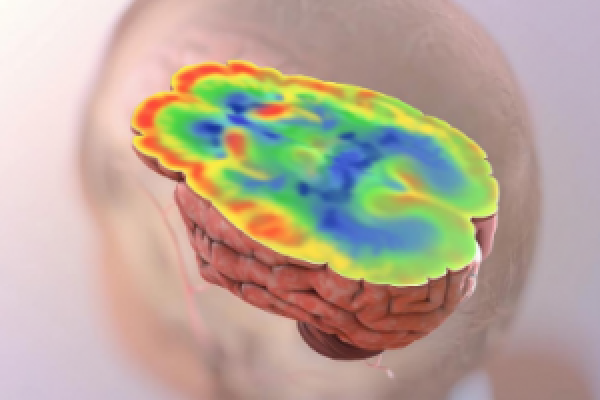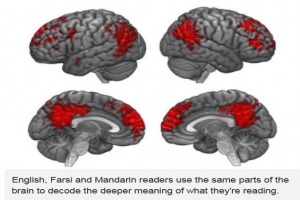Higher brain glucose levels may mean more severe Alzheimer’s
For the first time, scientists have found a connection between abnormalities in how the brain breaks down glucose and ...
For the first time, scientists have found a connection between abnormalities in how the brain breaks down glucose and the severity of the signature amyloid plaques and tangles in the brain, as well as the onset of eventual outward symptoms, of Alzheimer’s disease. Researchers measured glucose levels in different brain regions, some vulnerable to Alzheimer’s disease pathology, such as the frontal and temporal cortex, and some that are resistant, like the cerebellum.
They found distinct abnormalities in glycolysis, the main process by which the brain breaks down glucose, with evidence linking the severity of the abnormalities to the severity of Alzheimer’s pathology. Lower rates of glycolysis and higher brain glucose levels correlated to more severe plaques and tangles found in the brains of people with the disease. More severe reductions in brain glycolysis were also related to the expression of symptoms of Alzheimer’s disease during life, such as problems with memory.
The team tracked the brain’s usage of glucose by measuring ratios of the amino acids serine, glycine and alanine to glucose, allowing them to assess rates of the key steps of glycolysis. They found that the activities of enzymes controlling these key glycolysis steps were lower in Alzheimer’s cases compared to normal brain tissue samples. Furthermore, lower enzyme activity was associated with more severe Alzheimer’s pathology in the brain and the development of symptoms.
They found that GLUT3 levels were lower in brains with Alzheimer’s pathology compared to normal brains, and that these levels were also connected to the severity of tangles and plaques. Finally, the team checked blood glucose levels in study participants years before they died, finding that greater increases in blood glucose levels correlated with greater brain glucose levels at death.
The researchers cautioned that it is not yet completely clear whether abnormalities in brain glucose metabolism are definitively linked to the severity of Alzheimer’s disease symptoms or the speed of disease progression. The next steps include studying abnormalities in other metabolic pathways linked to glycolysis to determine how they may relate to Alzheimer’s pathology in the brain.
source: NIH





Related Posts